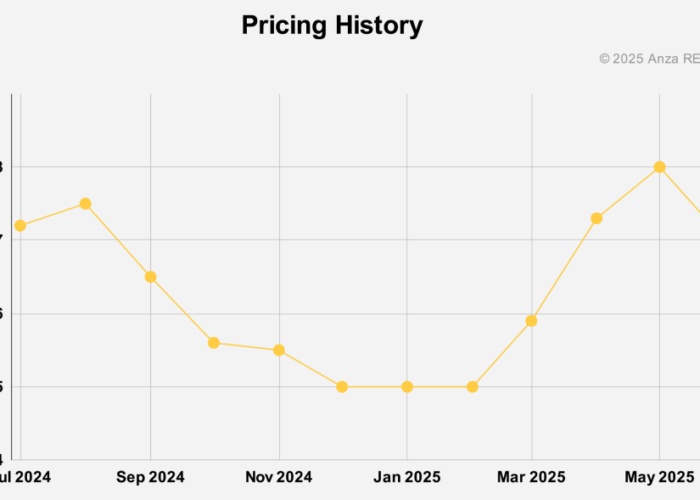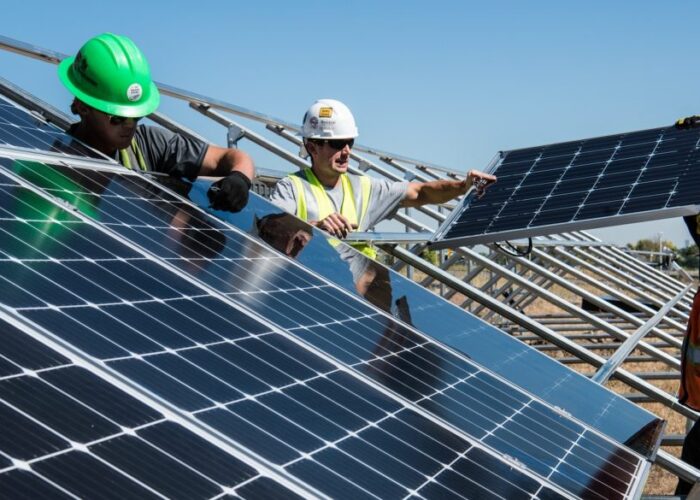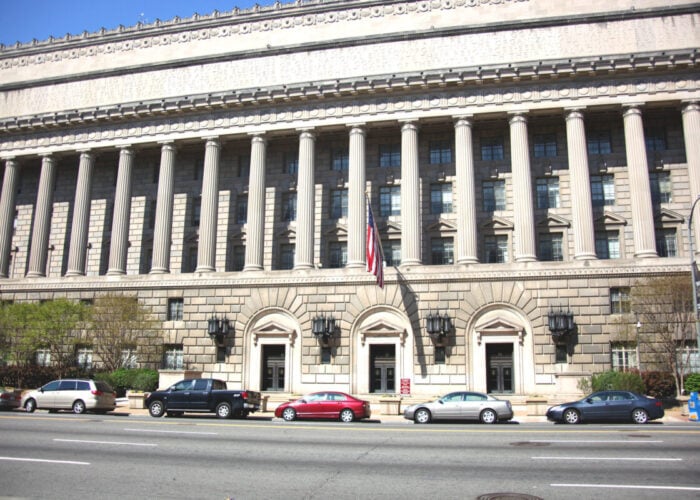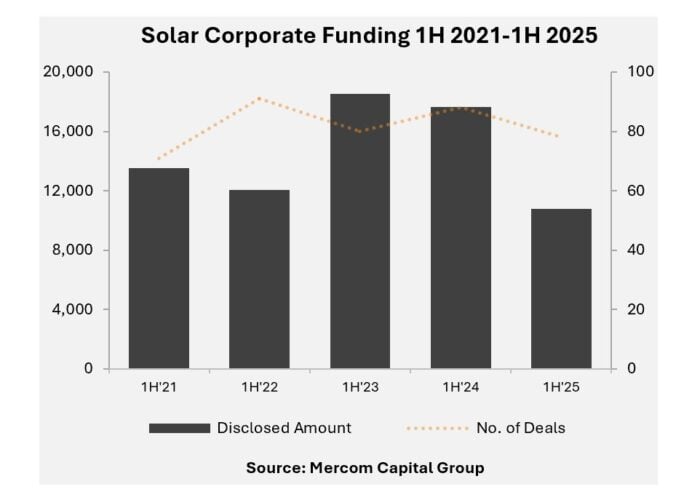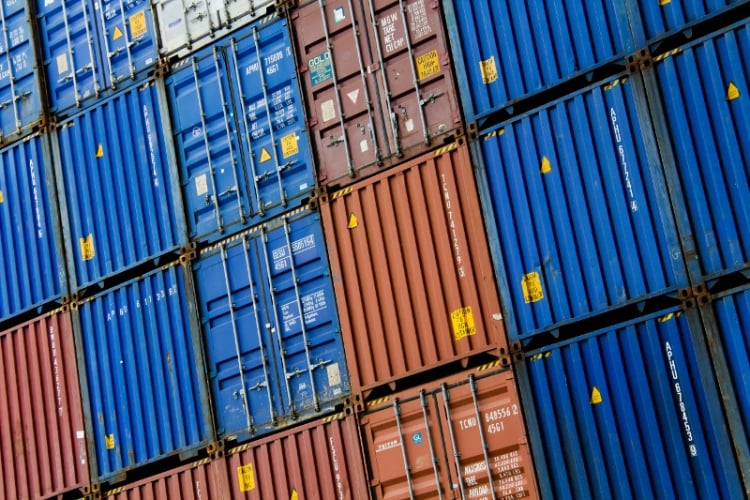
More than 240 solar and storage companies have called on the US’s secretary of commerce to reject a petition for new anti-circumvention tariffs on solar products, warning that delay in the investigation would curb deployment.
In a letter sent to Secretary Gina Raimondo yesterday, the coalition called for a negative preliminary determination to be made in the Department of Commerce’s investigation into whether solar cells and modules assembled in four Southeast Asian countries are circumventing US anti-dumping and countervailing duty (AD/CVD) orders on cells and modules from China. The deadline for its preliminary determination is on 1 December.
Unlock unlimited access for 12 whole months of distinctive global analysis
Photovoltaics International is now included.
- Regular insight and analysis of the industry’s biggest developments
- In-depth interviews with the industry’s leading figures
- Unlimited digital access to the PV Tech Power journal catalogue
- Unlimited digital access to the Photovoltaics International journal catalogue
- Access to more than 1,000 technical papers
- Discounts on Solar Media’s portfolio of events, in-person and virtual
An affirmative determination in this investigation, or any further delay, “would create new uncertainty for American solar businesses, stifle deployment, and limit American solar jobs. It would also undercut efforts to address the existential threat of climate change,” the letter reads.
With the ink barely dry on the US’s Inflation Reduction Act (IRA), “to reverse course and place additional costs on US solar companies would be entirely counterproductive to the ambitious decarbonisation goals established by this administration”, the coalition said in the letter.
The investigation stems from a petition made earlier this year from California-based module manufacturer Auxin Solar, which alleges that module assemblers in Malaysia, Thailand, Vietnam and Cambodia use affiliated Chinese input suppliers and a fully integrated Chinese supply chain to circumvent the AD/CVD orders.
With the threat of prospective retroactive tariffs as a result of the probe, imports of solar cells and modules from the Southeast Asian countries slowed in the months following Commerce’s move to proceed with the investigation, leading to US solar deployment forecasts being slashed.
The industry has been provided with a reprieve as President Joe Biden declared a two-year freeze on new tariffs on solar imports from Southeast Asia, allowing solar deployment to be kick-started.
“President Biden took a crucial near-term step over the summer to free up a gridlocked solar supply chain, but companies won’t be able to capitalise on the administration’s landmark climate policy if this baseless case isn’t thrown out,” said Abigail Ross Hopper, CEO of trade body the Solar Energy Industries Association (SEIA).
SEIA said that manufacturing provisions in the IRA put the association’s goal of 50GW of US solar production by 2030 “within reach, but Commerce could crush demand with unjustified tariffs”.
Commerce announced earlier this week that it requires more time for its investigation as it extended the deadline for issuing both preliminary and final determinations by three days, until 1 December 2022 and 1 May 2023, respectively.

